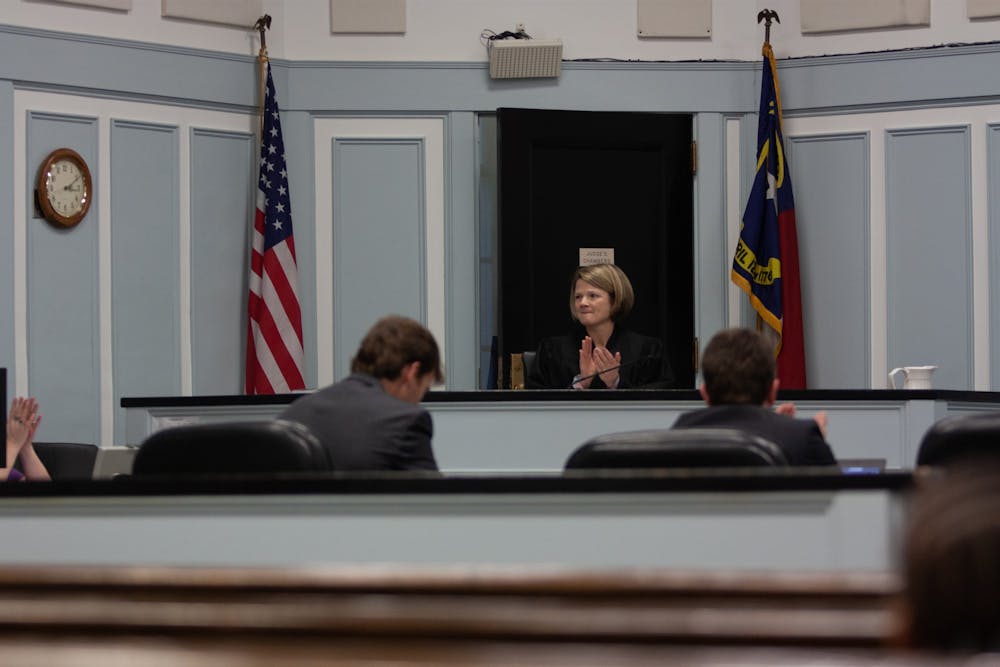On Oct. 28, the North Carolina Judicial Branch announced its decision to change the payment method for jury duty service. Instead of receiving paper checks, North Carolinians reporting for jury duty will be given pre-paid debit cards.
More than 30 counties began issuing debit card payments for jury service by the end of October, according to a press release by the N.C. Judicial Branch. Orange County began using the new payment method on Oct. 29, Mark Kleinschmidt, Orange County clerk of Superior Court, said.
Ryan Boyce, director of the N.C. Administrative Office of the Courts, said the Conference of Clerks of Superior Court, a group of elected clerks from each N.C. county, proposed the new debit card system. The group heard feedback from colleagues in other states about the benefits of a debit card based system, he said.
According to the N.C. Judicial Branch website, trial jurors are paid $12 for the first day of service and $20 each subsequent day. After five days of service, jurors are paid $40 per day.
The change aims to alleviate the financial burden of jury service, particularly for those needing funds for immediate expenses like childcare, parking and lost wages, Boyce said.
“I'd like the public to know that this is going to be a tremendous improvement in allowing them to access their funds quicker,” Boyce said.
Kleinschmidt said he oversees various judicial responsibilities including jury management and serving as the chief financial officer of the courts. He said juror payments are often left uncashed, since they’re relatively small amounts and inconvenient. Prior to the new system, the office was forced to return uncashed checks, amounting to significant funds to the state, he said.
The new system reduces the workload on the clerk's office by minimizing the number of checks that need to be returned to the state, Kleinschmidt said. He also said jurors receive payments more quickly.
“It's exciting for me because it's less work for my people, and I think it's exciting for people who are doing jury service because they're going to get paid now in a way that's familiar to them,” Kleinschmidt said.



